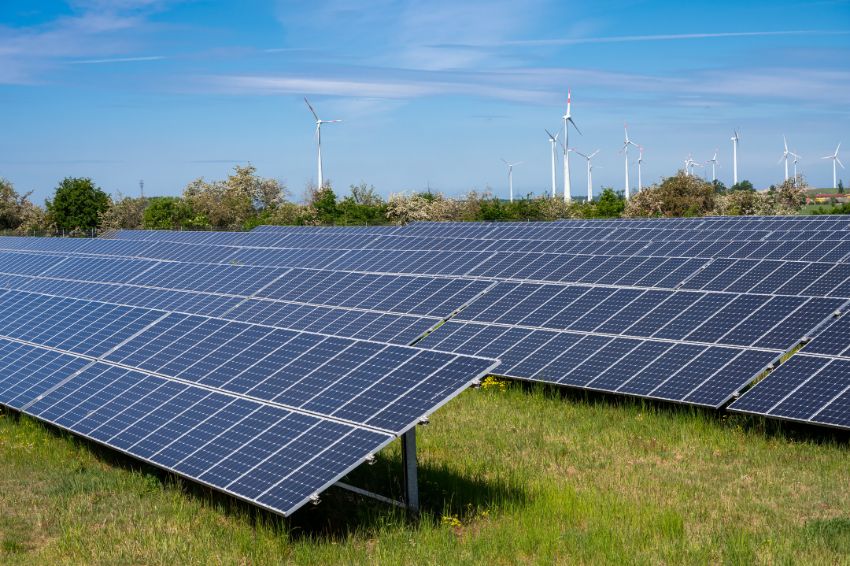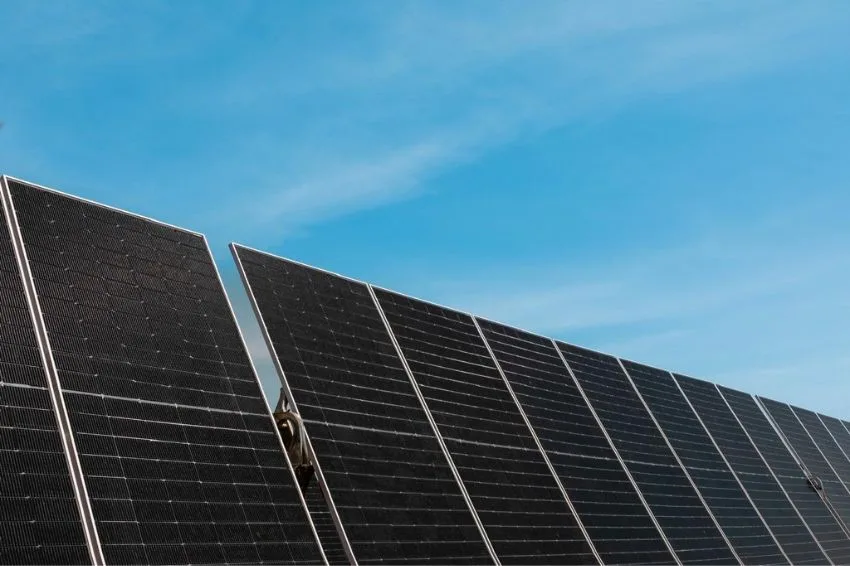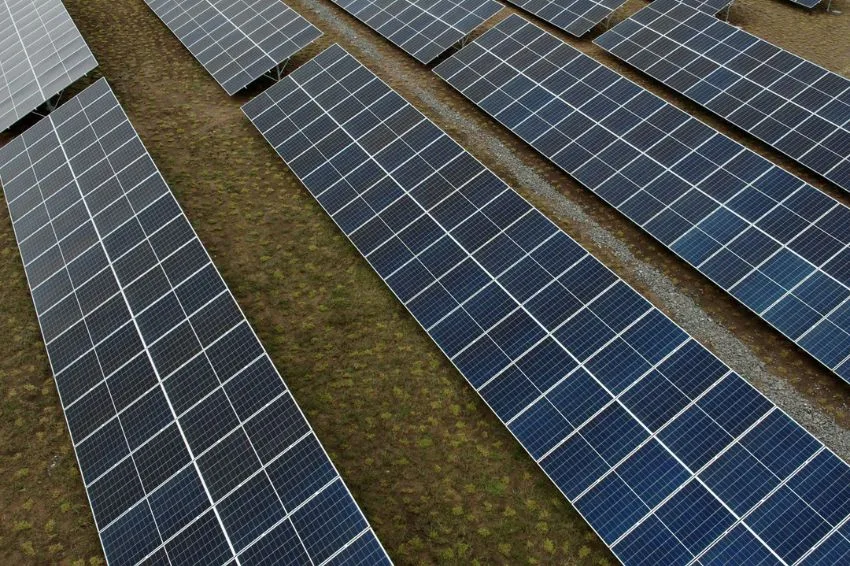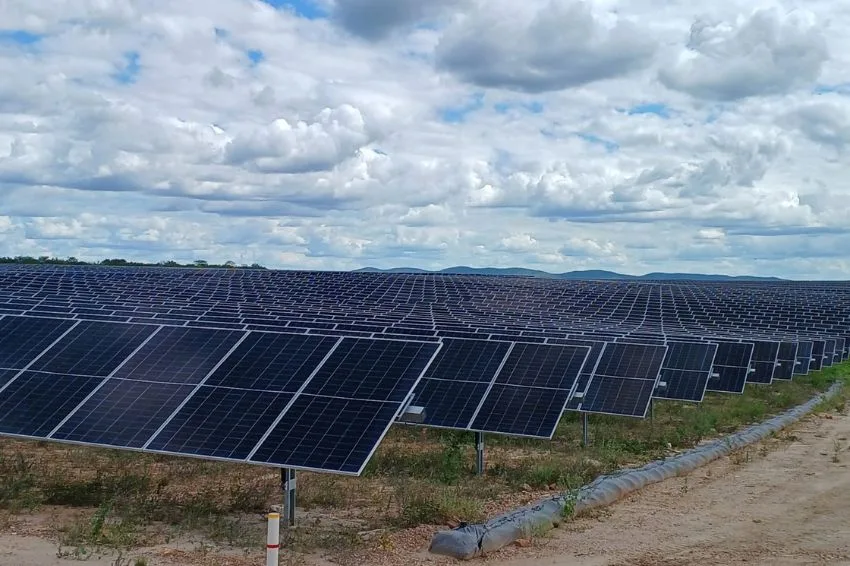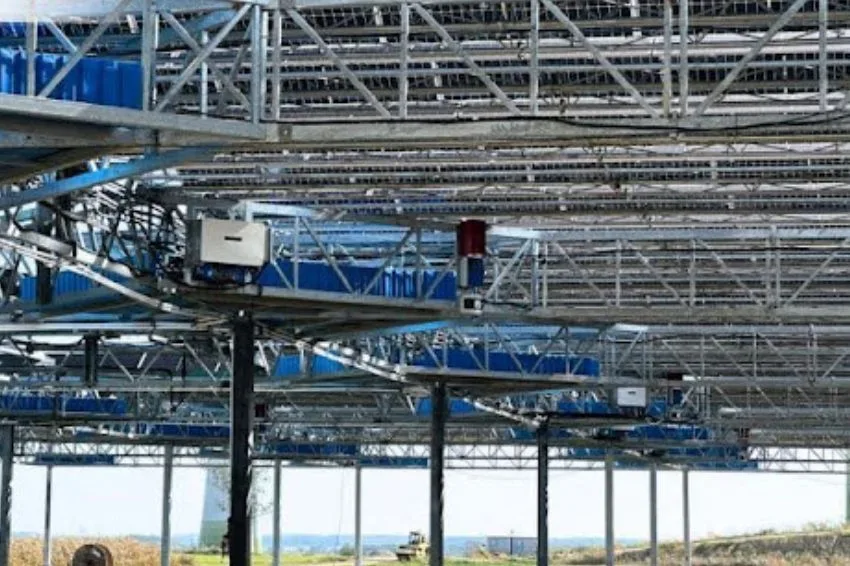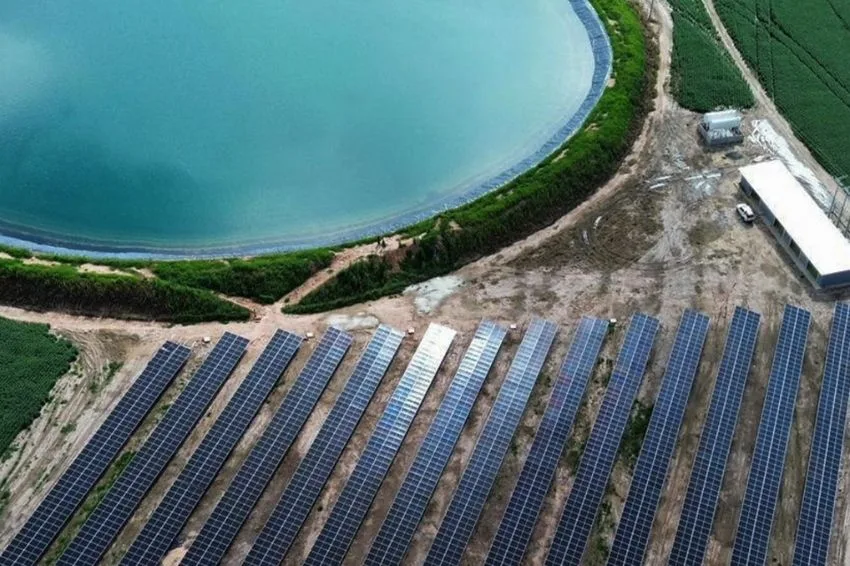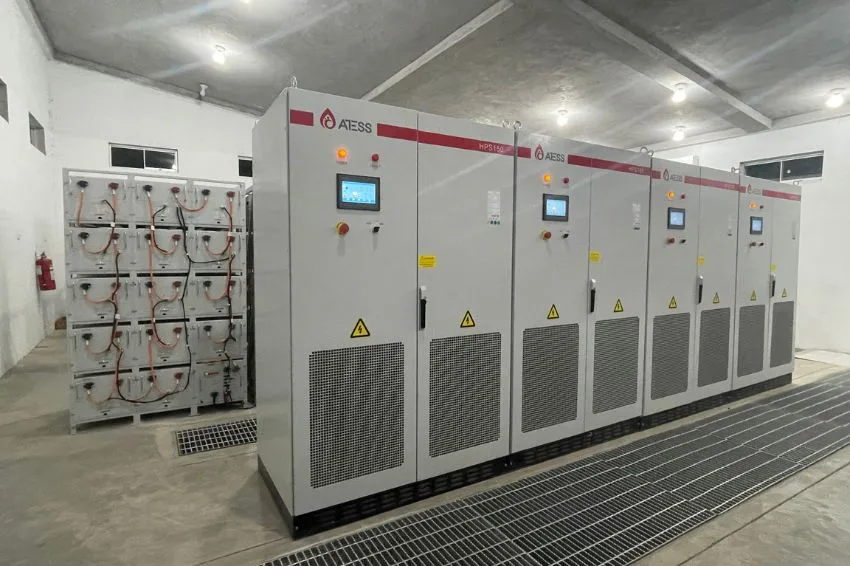A Statkraft, a leader in hydroelectric energy internationally and the largest generator of renewable energy in Europe, has just internally approved the construction of the Brazil Solar Hybrid project. The venture officially marks the company's arrival in generating Photovoltaics and brings as an innovation the use of batteries.
The company approved the start of construction of two projects: VSE Solar Híbrido and MdC Solar Híbrido, which were connected to the Ventos de Santa Eugênia Wind Complex and Morro do Cruzeiro, respectively.
Together, they will have a capacity of 228 MWac. Statkraft will use, in a pioneering way within the Group, BESS (Battery Energy Storage System) technology, which uses the same connection point for wind and solar.
The Ventos de Santa Eugênia Wind Complex is the Group's largest project outside Europe. Located in Bahia, it is in the final phase of construction and renewable energy generation should reach 2,300 GWh per year, enough to supply 1.17 million Brazilian homes.
With a comprehensive area totaling 489.18 hectares, the complex will have 14 wind farms, totaling 91 wind turbines with 5.7 MW of power each. The project, which had an investment of R$ 2.8 billion, entered partial commercial operation in early 2023.
Still in Bahia, the company is building the greenfield Morro do Cruzeiro wind complex, located close to the wind energy assets that Statkraft already has in the region.
The plant will consist of two wind projects, with 14 turbines and an installed capacity of 79.8 MW. Given the excellent wind conditions in the region, it is expected to generate 386 GWh of renewable energy per year, enough to supply more than 190,000 homes.
For Fernando De Lapuerta, CEO and president of Statkraft, this decision is one of the most important of the year for the company. “The start of the project reflects the consolidation of our strategic planning in line with our mission to accelerate the energy transition.”
“This way, we will start 2024 with an even more robust portfolio, integrating three technologies within the same complex”, he concluded. With construction scheduled for the first half of next year, the projects are expected to begin operations in 2025.
ANEEL authorization
In April, the company had already received approval from ANEEL (National Electric Energy Agency) for the implementation of these solar projects. Seven grants were approved for the 228 MW Solar project in Bahia, whose plants will be extensions of the Brotas de Macaúbas Complex (Sol de Brotas 1 plant), Morro do Cruzeiro Complex (Sol de Brotas 2 plant) and Ventos de Santa Eugênia Complex (Sol de Brotas 3, 4, 5, 6 and 7).
The projects, which will now begin to be built, fall under ANEEL's regulations for hybrid plants and will take advantage of the complementarity of its wind and solar energy generating plants.
About Statkraft
With 5,700 employees in 21 countries, Statkraft is a leader in hydropower internationally and the largest generator of renewable energy in Europe. The group produces hydropower, wind power, solar power, gas power and provides district heating.
The company has its headquarters located in the city of Florianópolis, in Santa Catarina. It currently controls 18 renewable generation assets in Brazil. In November, Statkraft signed the purchase of Enerfín, a renewable subsidiary of Spain's Elecnor, which includes nine wind farms in operation in the states of Rio Grande do Sul and Rio Grande do Norte.
In this way, the company became one of the largest wind energy generators in Brazil, surpassing the 2 GW mark of installed capacity, between acquisitions, constructions and operations in the country.
Furthermore, it is a pioneer in offering traceable renewable energy with guaranteed origin in Brazil, certifying, through the I-REC (International Renewable Energy Certificate), the origin of its energy production, which guarantees that the operation is sustainable.
All content on Canal Solar is protected by copyright law, and partial or total reproduction of this site in any medium is expressly prohibited. If you are interested in collaborating or reusing part of our material, we ask that you contact us via email: [email protected].


